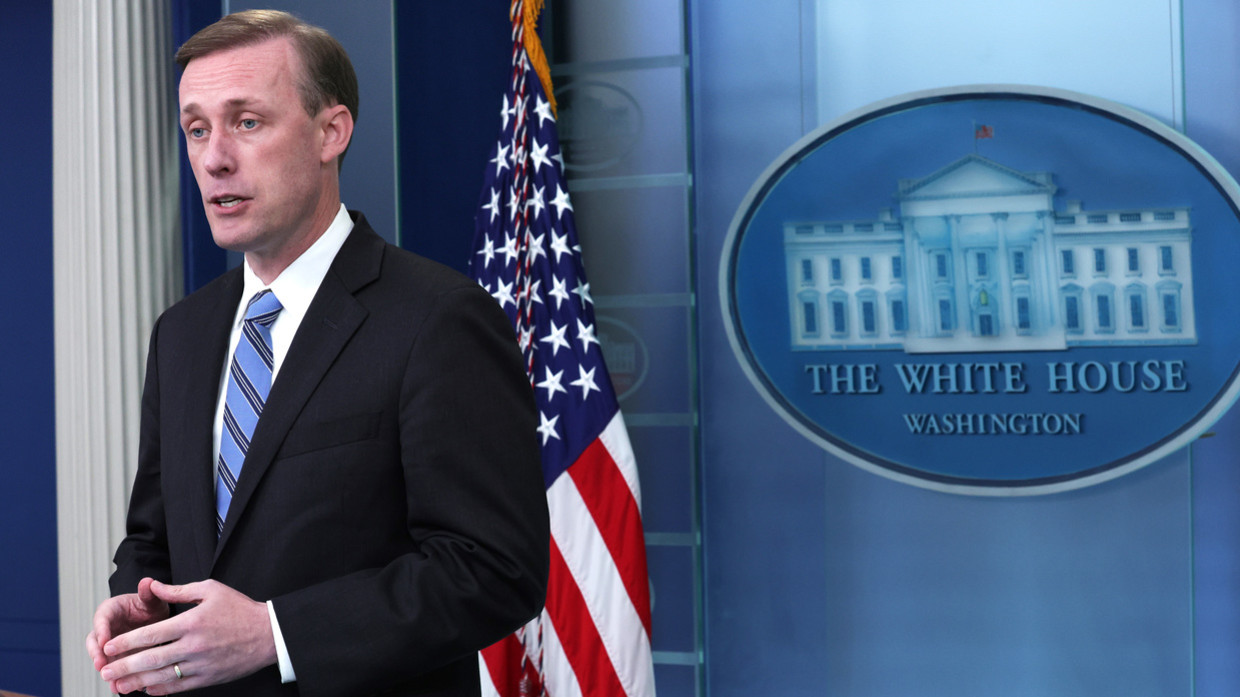US national security adviser Jake Sullivan will lead a delegation for an informal meeting with officials from several nations that have refused to toe Washington’s line on Ukraine and have maintained friendly relations with Russia, the Financial Times reported on Thursday.
The talks are to take place this weekend in Copenhagen, Denmark, sources told the newspaper. Victoria Nuland, the third most senior official in the State Department and another Russia hawk in the administration of President Joe Biden, will accompany Sullivan, according to the report. A senior EU official will also attend.
Coming to hear them out are representatives of India, Brazil, and South Africa. Officials from Türkiye may join in, while China could send an observer, sources indicated.
All of the nations except Türkiye belong to BRICS, an economic bloc that counts Russia as its fifth member. All have been skeptical of Washington’s narrative about the Ukraine crisis, which claims that the Russian military operation was an unprovoked act of aggression that needs to be severely punished. China has identified NATO’s expansion in Europe as the root cause of the conflict, while Brazil has stated that both Russia and Ukraine can be blamed.
Türkiye is a NATO member but has taken a neutral position on the conflict in Ukraine and has served as a mediator between Moscow and Kiev on many occasions.
The FT described Washington’s effort in Copenhagen as a “diplomatic offensive” at Kiev’s request, which comes amid Ukraine’s failure to make significant battlefield advances against Russia. The meeting is not expected to produce a particular result but is rather intended to promote the American point of view, sources said.
“Only little do we realize how much the rest of the world is not convinced,” a European official told the newspaper. “They are not convinced. It’s a terrible thing to acknowledge.”
The BRICS members along with Türkiye have defied Washington’s calls to impose economic sanctions on Russia. China and India have particularly benefited from a surge in energy purchases from Russia, even as Western nations sought to undercut Moscow’s oil exports globally with a price cap.


